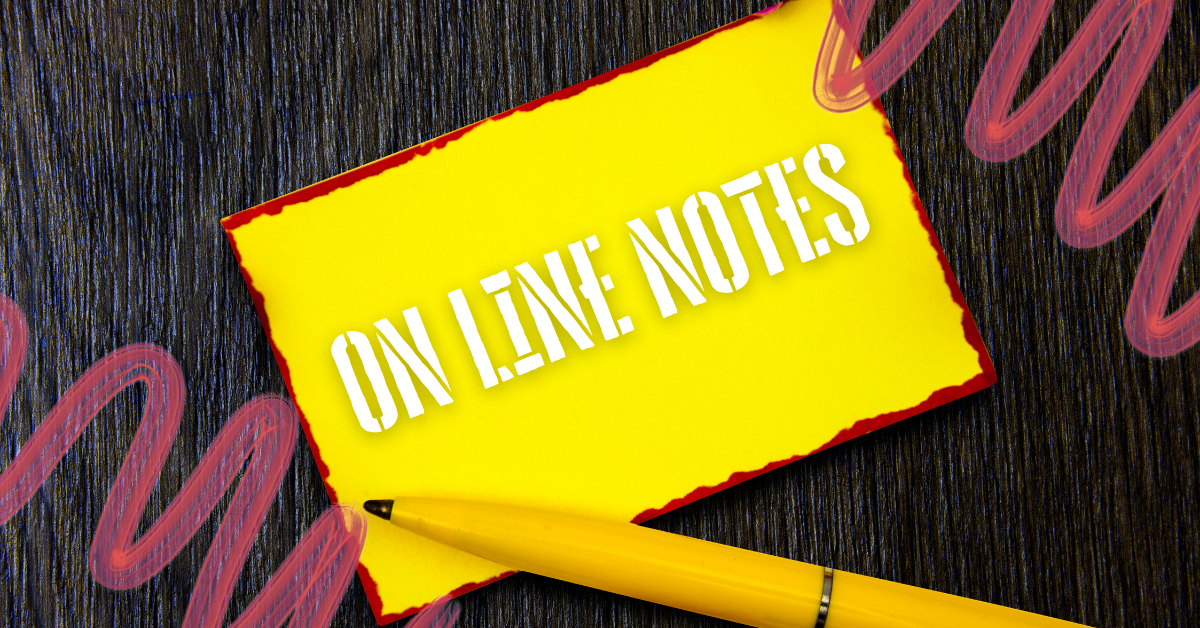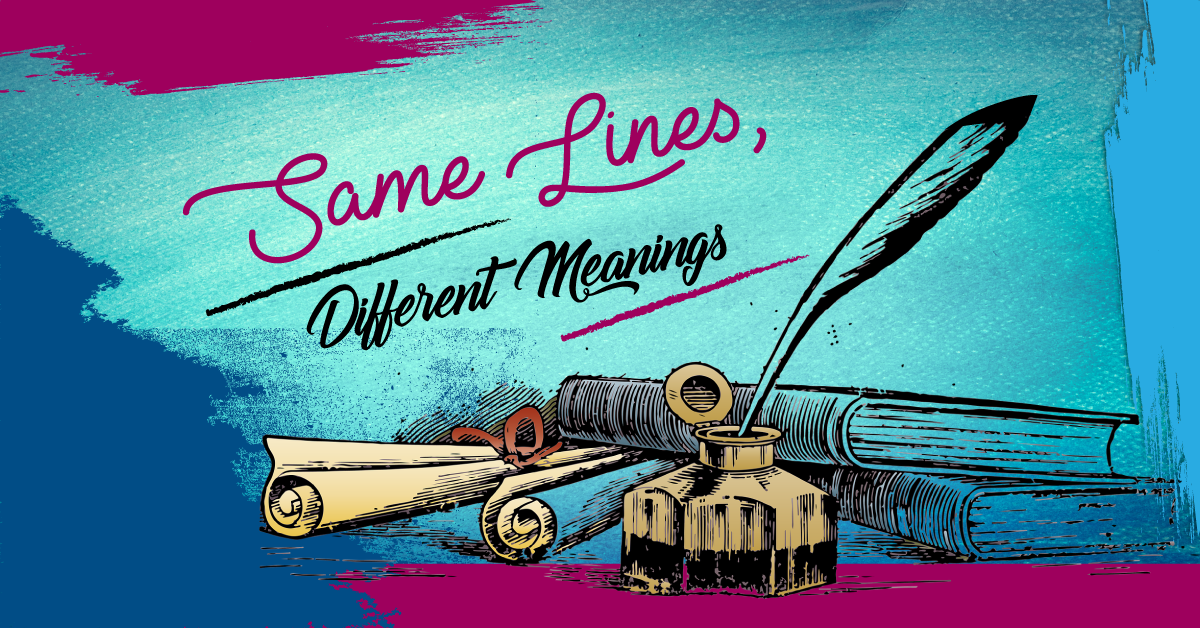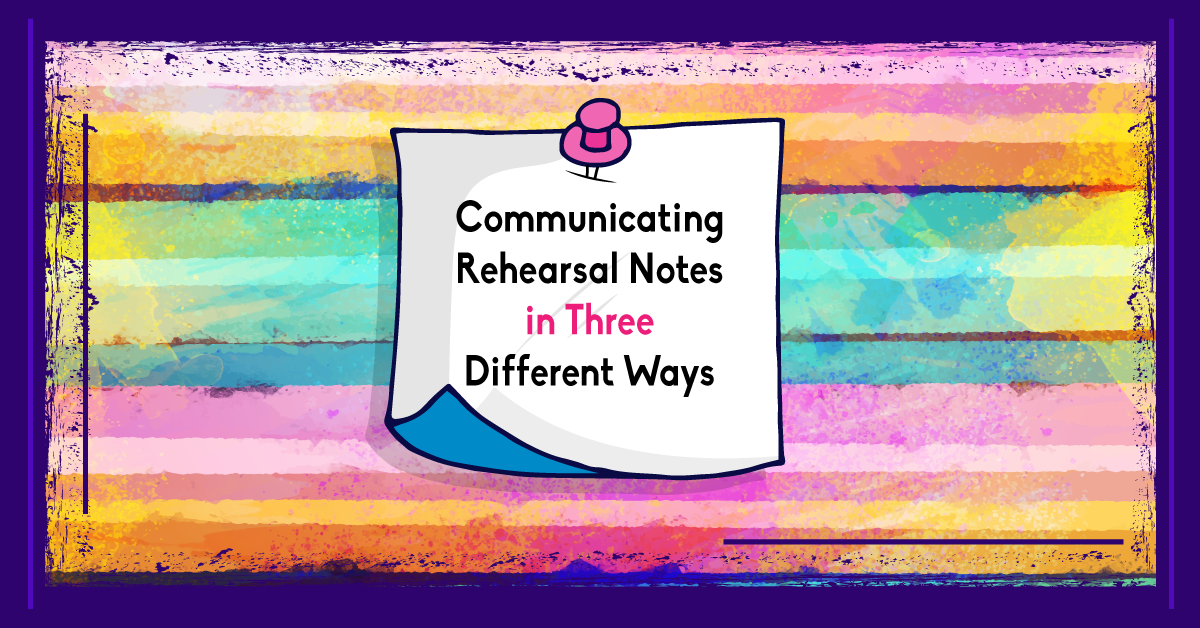On Line Notes
When I was younger, I could remember anything, whether it had happened or not.
~ Mark TwainLine notes are like reminders to floss your teeth – nobody likes hearing them but they keep your mouth clean.
~ Craig “I’m no Mark Twain” Mason
I’m entering tech week for my show and we just had our line notes session. A line note session, for the uninitiated, is a fun painful session where you sit down with the stage manager and her prompt script and she points out all the places you’re deviating from the written text. A real life example:
Page 24, your first speech, you’re dropping the word “yet” from the end of the line “Please don’t go.”
I say painful only in the sense that exercising can be painful. It helps you improve yourself and the work, but it’s painful nonetheless. Where a note from the director can be inspiring and push you in a new direction or a stronger choice, a line note is basically a note that says, “You’re doing it wrong.”
Here are some tips to make the line note session as painless as possible.
For Stage Managers
- Read the list as matter of factly as you can. Think of it as a grocery list: I need eggs, milk, and you’re saying “the” instead of “a”.
- Don’t apologize for the line note session or for any individual note. There’s nothing to apologize for, we’re all part of the same team with the same goal.
- Don’t use the session as an opportunity to bash the actors. I so clearly remember a line note session a few years back where the stage manager took so much glee that she knew the lines better than the actors did. Of course you know the lines better than us, you’re reading them from a book!
For Actors
- Welcome the session. It’s important. The playwright chose those words for a reason so let’s try and say them, shall we?
- Don’t get emotionally involved or take the notes personally. Accept them as you would a grocery list – “Craig, can you pick up some eggs and milk, and can you please say ‘the’ instead of ‘a’ on page 32?”
- Don’t explain, don’t challenge the SM, just accept the note, circle it in your book and say thanks.
- Don’t take the notes personally, they are technical notes, not evaluations of you as a performer. They will help you make your performance as best as it can be.
- Don’t question the importance of the deviation. I live with a playwright and I know how much time she spends agonizing over word choices. “The” and “a” are different words and they imply different things. Consider this sentence: “You are the love of my life.” “You are a love of my life” does not mean the same thing.
And Finally
No show will ever be 100% word perfect. It’s the nature of the beast. Theatre is a living breathing thing and there are thousands of variables going on in every performance. But we should always strive to do our best. Otherwise, what’s the point?



